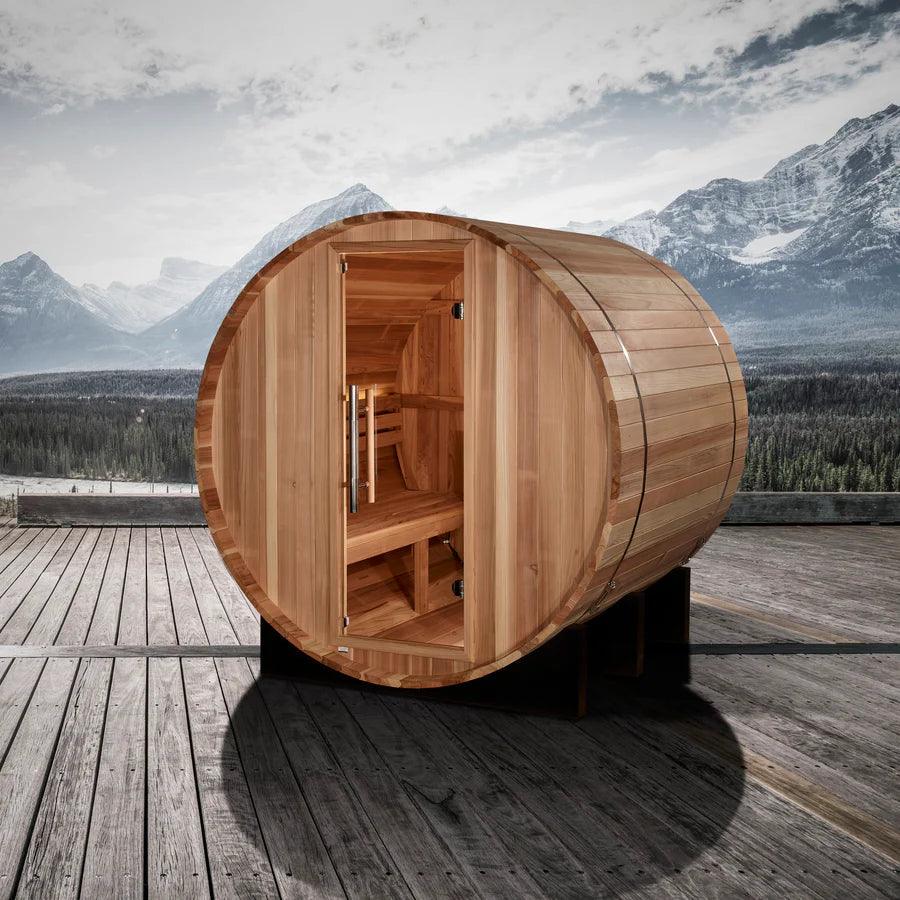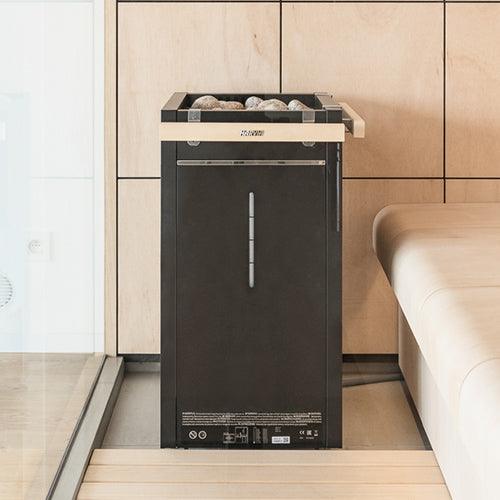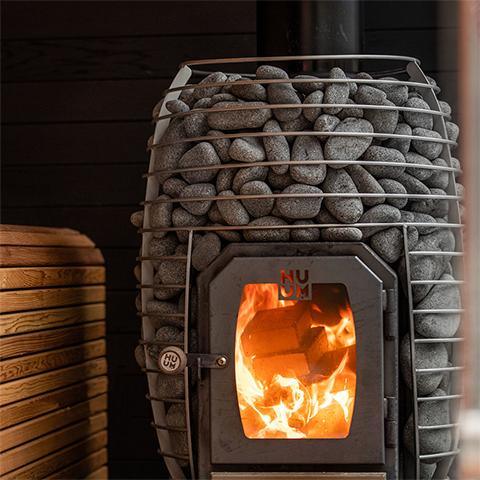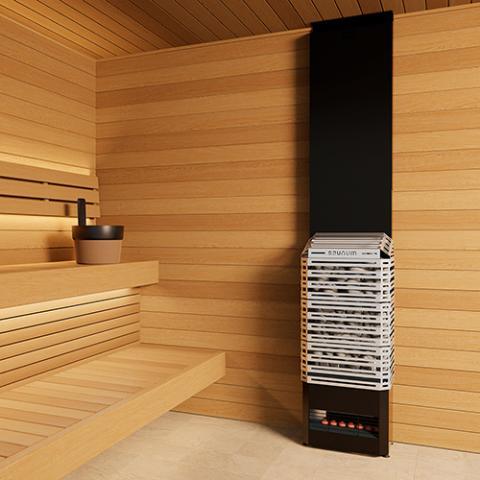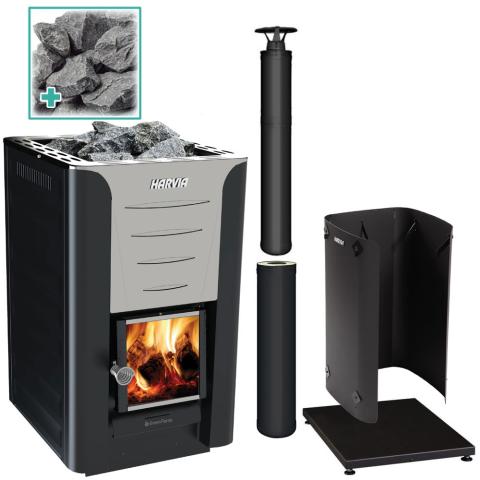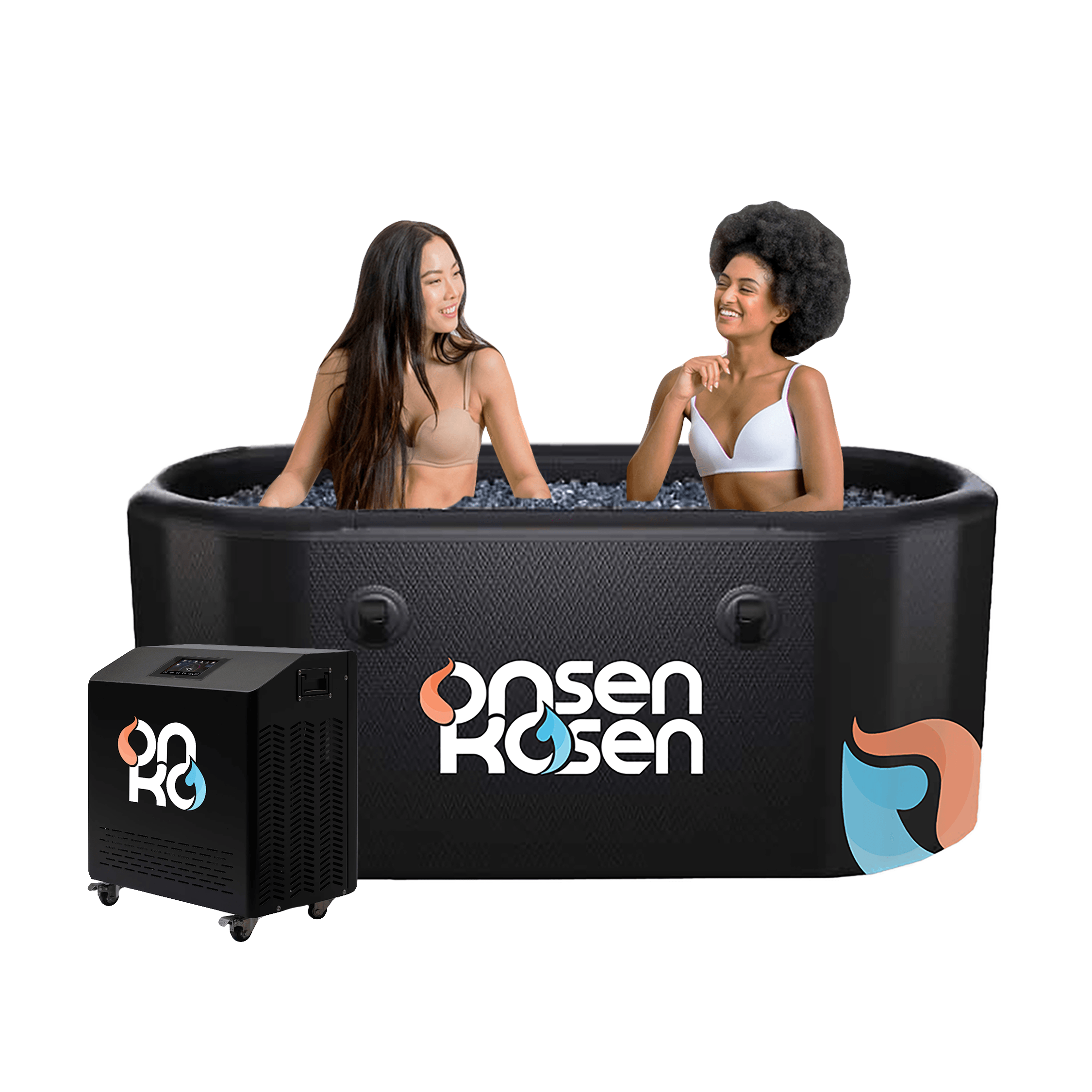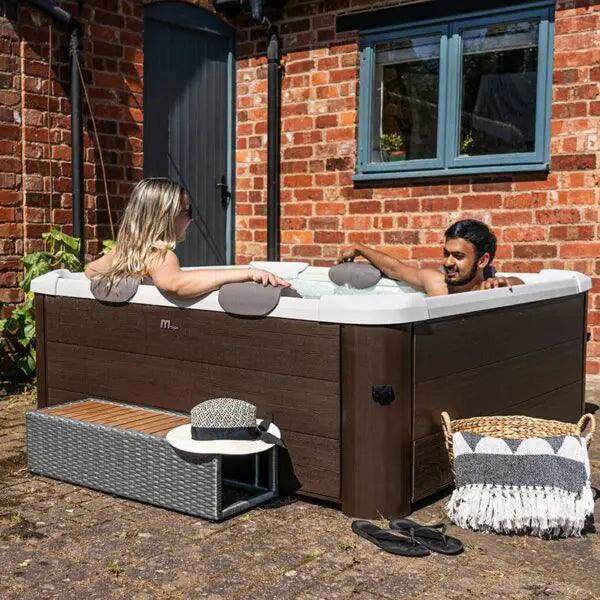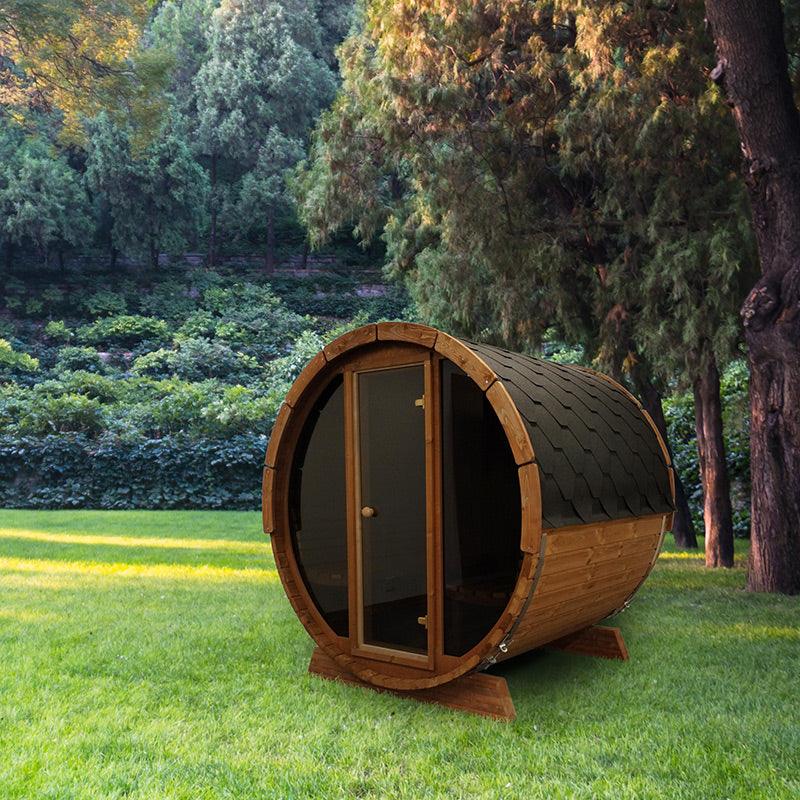Saunas and hot tubs are enjoyed everywhere for their relaxation and therapeutic effects. Although they both have great advantages, they’re two completely different types of equipment. If you’re trying to decide which one of them you should get for home relaxation, it may be too overwhelming without enough information.
That’s why in this article, we’ll break down all the differences between a sauna and a hot tub in different factors. We’ll also discuss what similarities they may have. Lastly, to help you narrow down your decision, the advantages of a sauna over a hot tub will be discussed as well.
Similarities Between Hot Tubs and Saunas
Both hot tubs and saunas serve the same purpose or function: provide heat to the body to promote relaxation. They can be both used to relieve stress and reduce joint and muscle aches. They’re also both great places to relax and spend quality time alone or with family or friends.
Differences Between a Sauna and Hot Tub
Although they offer the same general functionality, the experiences in a sauna and a hot tub are different in many ways.
Health Benefits

Although many of the health benefits of the two overlap with each other, there are particular benefits that each of them greatly offers. For instance, below are the known health benefits of hot tubs:
-
Relaxation: This is one of the best and most popular benefits of a hot tub. Chilling out in a hot tub after a long tiring, stressful day is one of the best ways to unwind and destress, whether alone or with others.
-
Boost Mental Health: With the quality alone time and the relaxation effects of a hot tub, the mood of the users and sleep can be improved. This contributes to better mental health.
-
Soothe Soreness and Pain: Hot tubs give off heat and the massage functionality is often used together to soothe sore muscles and aching joints. This can then reduce any pain and loosen tight muscles.
-
Sauna, on the other hand, offers the following unique benefits:
-
Detoxification: The intense heat from the sauna induces profound sweating which helps flush toxins and pollutants out of the body.
-
Skin Cleansing: Along with the toxins, the intense sweating also leads to deep cleansing of the skin so dirt is also removed from the pores.
-
Induce Cardiovascular Activity: The heat in the sauna stimulates cardiovascular activity. Your heart rate increases as you stay longer inside which in turn boosts your blood flow.
Aesthetics

In terms of overall aesthetics, hot tubs are known to be more versatile than saunas. This is because a hot tub can be an architectural focal point of your deck or backyard and enables a lot of customization options:
- Dramatic lighting effects can set the mood inside and outside the spa.
- Optional sensory accessories like music or a TV for watching while relaxing in the spa.
- Different cabinet options to match your preferences and decor.
Moreover, the soothing sound of the bubbling water in the hot tub adds up to its overall aesthetic look and feel. Saunas don’t have these bubbles and don't really emit any relaxing white noise.
Installation

Both saunas and hot tubs come with basic installation considerations you need to take care of. But, generally, hot tub installations aren’t as complicated as that of saunas.
Hot tubs only need electrical connection and water to run, and sometimes plumbing as well. Depending on your preferences, you can just use your yard hose to fill the tub with water or you can opt to plug it into your home water system for easier filling and draining. The hot tub’s filtration system will then circulate the water.
However, since it requires electricity, you may need to hire a certified electrician to make sure you’re plugging it into the right power outlets, especially tubs with higher ratings.
Saunas, on the other hand, require a more complex installation procedure. Though you can buy a prefabricated or pre-built one. Saunas require proper placement where the heat and moisture can properly escape to avoid the wooden materials used inside getting moldy. Then they need an electrical connection to operate as well.
Moreover, depending on the size, the plumbing and ventilation requirements may be more challenging to do without the help of a professional.
Maintenance

Although both require constant maintenance, hot tubs do require more than saunas. Saunas will only require occasional inspection and cleaning. You just need to check if the inner wooden surfaces are clean without any mold growth, stains, or mildew. If they do, you simply need to scrub and hose them. But, if there’s no problem inside, complex and deep maintenance isn’t required.
Hot tubs, on the other hand, require frequent monitoring and cleaning, mainly because of the water. The water should be periodically changed and the tub cleaned to ensure proper chemical balance. You may generally need weekly water tests like this:
- Hold a test strip in the water for a few seconds.
- Add appropriate water sanitizing agents based on the results to balance the water.
Additionally, hot tubs use filters to remove contaminants from the water you use. You need to clean these filters once a month and replace them periodically.
Heat

A sauna and hot tub offer different levels of heat to the users. Traditional saunas, in general, run at temperatures between 150°F to 190°F, sometimes even more, while infrared ones range between 120°F to 150°F. These are why sauna sessions offer cleansing effects on the skin and help in the detoxification of the body.
Hot tubs, on the other hand, run and operate at lower temperatures, between 98°F to 104°F.
Advantages of Saunas Over Hot Tubs
Generally, we recommend saunas because they offer bigger benefits. But, if you’re still unsure and can’t decide which is better for you, we’ve listed all the advantages of a sauna for you.
-
Dry and Greater Heat: You don’t have to get wet to heat your body. Also, saunas get hotter than tubs, which offer deeper health and relaxation benefits.
-
Easy Maintenance: Saunas are easier to maintain since you don’t have to do lots and frequent cleaning. Most of the time, annual check-ups are all they need.
-
Can Be Used Year Round: Hot tubs are weather-dependent so you can’t use them unless the weather’s good. Saunas, on the other hand, can be used in all weather conditions all year round since they have walls and a roof.
-
Versatile: You can do lots of things inside the sauna. You can stand up, sit, stretch, and even do yoga during your sauna session.
Conclusion
Although different, both saunas and hot tubs help with relaxation and offer amazing benefits. But, if you want something you can use any time, between a sauna and a hot tub, a sauna would be a better choice. Still, the ultimate decision is up to you and a hot tub isn’t a bad choice at all.
If you want to go looking for good sauna options, we offer our quality sauna collection. We offer a wide selection of all kinds of saunas!

